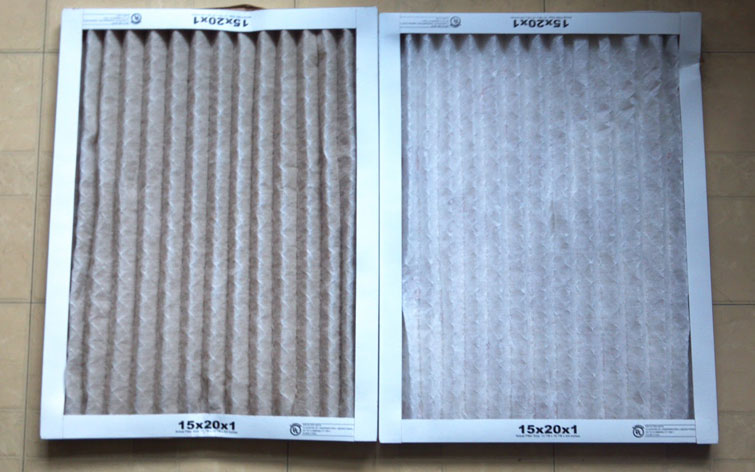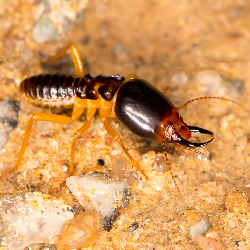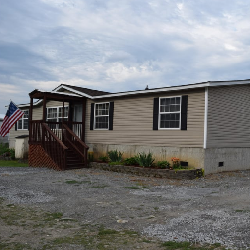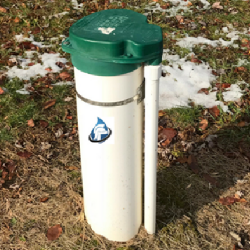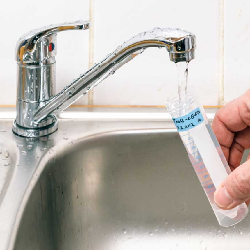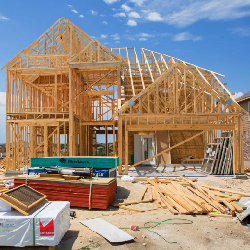Most HVAC Technicians recommend changing an air filter once every month, or at most, every 2 or 3 months. You might assume that this is because you need to keep your air clean. And this is true—partly. A technician’s number one concern, though, when it comes to your air filter, is keeping your air conditioner from being damaged.
That’s what your air filter is there for in the first place: damage prevention. But the wrong air filter can do way more harm than good.
The air filter in your AC system is primarily there to protect your air conditioning system, although today’s filters area also effective at reducing allergens. If there were no filter present, your indoor blower fan could suck in large particles of debris as it sucked in air, which could, in turn, damage an air conditioner.
However, you do still need a sufficient amount of airflow to move through the system. That’s why you are supposed to change your air filter regularly. If it’s too dirty, it could stop air from flowing into the system, not just debris.
Just as a dirty air filter can inhibit airflow, so too can an air filter that is the wrong size and rating for your air conditioner. The fibers that are meant to trap particulate in the air may be so tightly woven that they stop air from moving into the HVAC system altogether.
The MERV (minimum efficiency reporting value) of your air filter is a good indicator of how well it filters. Most air conditioners come with a filter of about 1-4 MERV, but may be able to hold a filter of up to MERV 8. However, if the filter is too strong, you put your air conditioner at risk. So before you make any changes, be sure to read the Owner’s Manual and/or contact a technician to see what size(s) are correct for your system before damage occurs.

